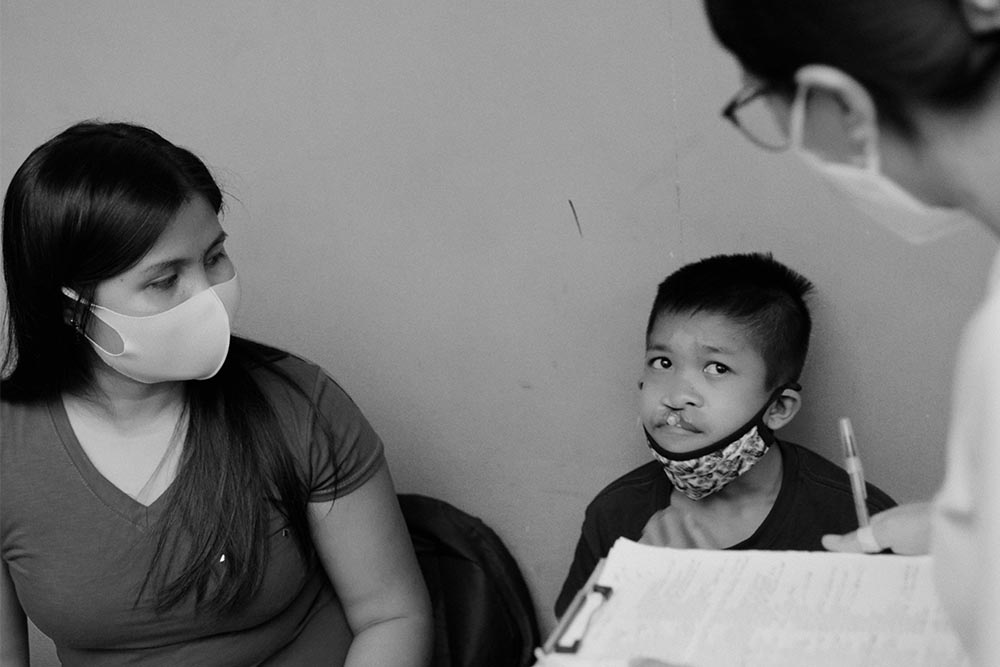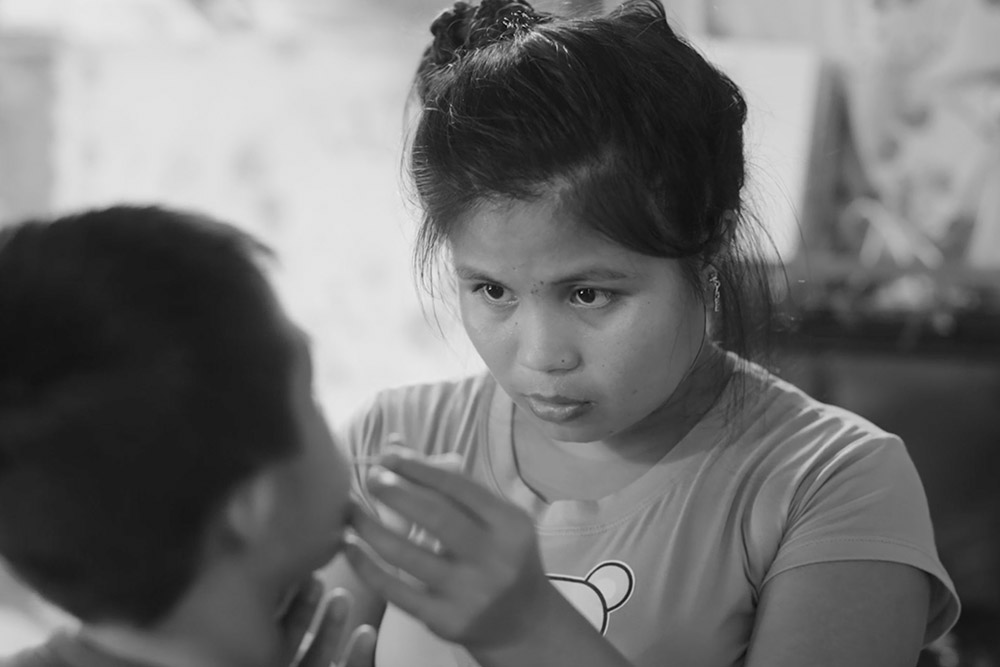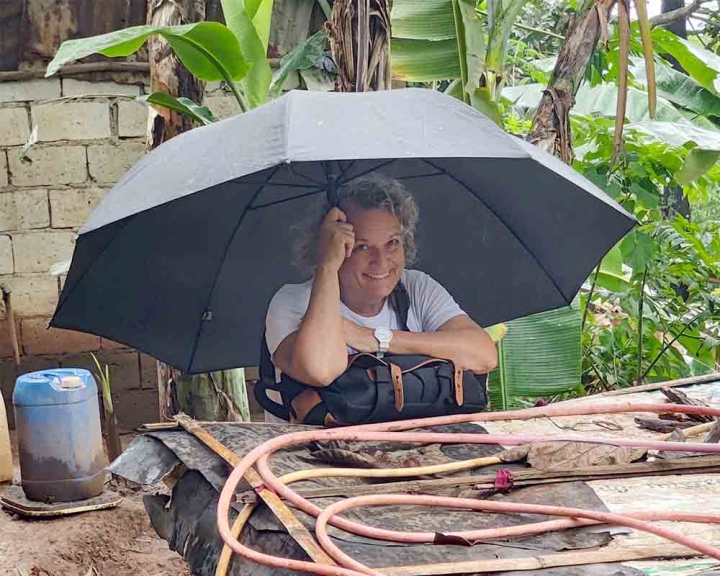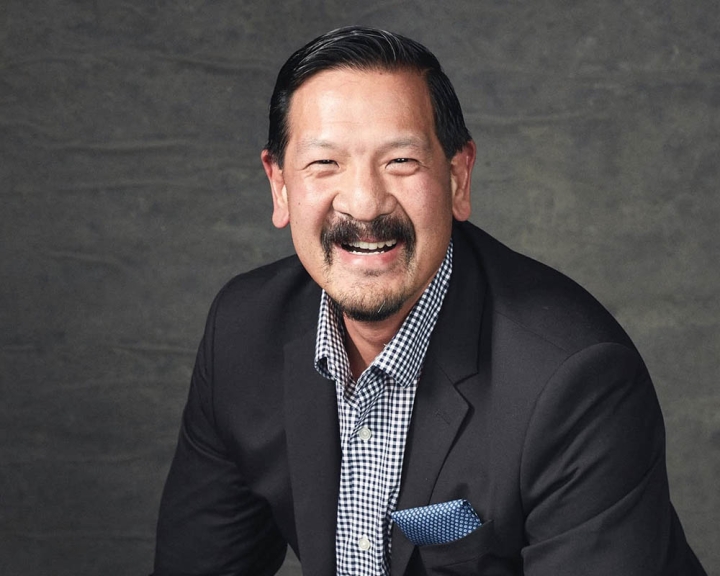Every Day After
Siblings by birth. Family by choice.
About the Film
Thirteen-year-old Jary was neglected and shunned from the moment of his birth for one reason — his appearance.

He survived thanks to his older sister Jessa. Though only a teenager herself when he was born, she protected him through his early years and, once independent, took him in to raise alongside her own two children.

Healing from a cleft is never “happily ever after;” it’s “Every Day After.” This 35-minute documentary intimately, lovingly details the long, nuanced process of physical and emotional healing that most other portrayals of the cleft journey leave out. And it honors the invisible labor of a sister whose love made it possible for her brother to experience the everyday joys and struggles of growing up.
Why Black & White?
We chose to make this film in black and white because it strips the images down. Color can be distracting; black and white forces the viewer to focus on composition, movement, and emotion. It provides an opportunity to step into Jessa and Jary's world without distractions.

Elisa Gambino, Director
Through our film, we shed light on the daily challenges faced by a boy who is seen as imperfect, and unlike other films which may take viewers down a path of sorrow, we share the resilience, struggles, and triumphs of Jary and his caring sister, Jessa. We highlight the power of sibling love to face challenges of health, poverty, and prejudice.
It was a profound honor to direct this film and share Jessa's masterclass in unconditional love.

Dave A. Liu, Executive Producer
Clefts are one of the most common birth differences, affecting one in every 700 children worldwide. Yet, they are still a subject that is often ignored or mischaracterized by the media.
We hope to educate and raise awareness about this condition, dispel myths and stereotypes, and promote understanding and empathy towards those who live with it. By giving a voice to those who continue to be marginalized, we aim to create a more inclusive and compassionate society.
